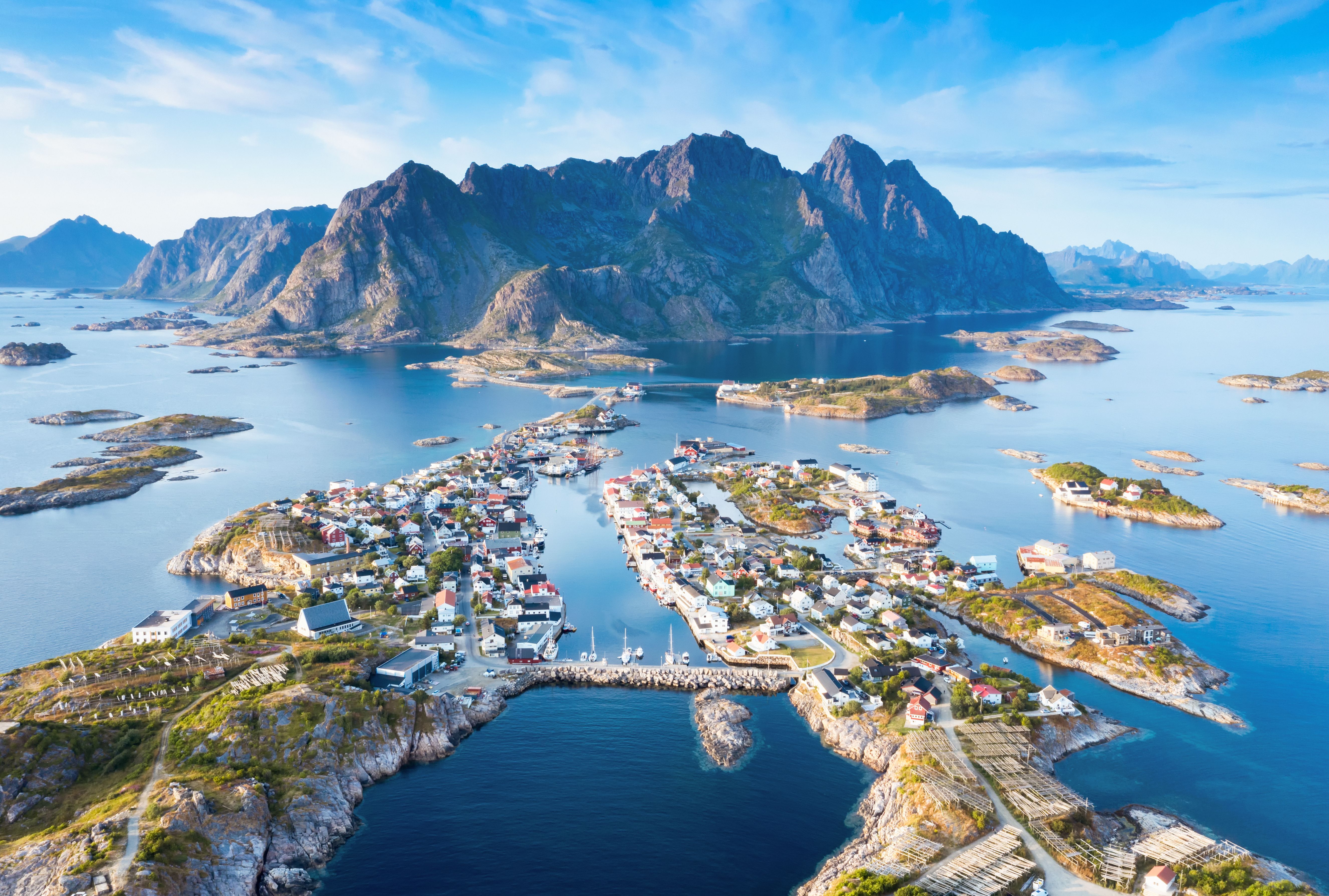
Tennis in
Norway
Looking for tennis academies in Europe?
Until Casper Ruud broke into the ATP tour top ten, Norway had kept a low profile on the international tennis scene. Norway, one of the world’s richest and most developed countries, has had lots of success in winter sports and athletics and now this success is happening in tennis with Ruud, who, in 2021, won 5 ATP titles, finished the season ranked No. 8, and reached the ATP World Tour Finals semi-finals.
History of the sport
Like many European countries, Norwegians began playing tennis among the aristocracy. This trend gradually led to more and more people taking up the sport and then the development of Norway’s club system.
The Oslo Tennis Club, one of the very first tennis clubs in the country, was established in 1900. The King of Norway himself played there and so have most of the country’s best players, including Ruud’s father, Christian Ruud who reached No. 39 in the world in 1995 and twice made the US Open fourth round.
Notable players.
The Ruud family are a rare one in tennis - a father and son both making it to the top level of the sport. This seems to be becoming a trend, too, with Petr Korda’s son Sebastian breaking into the top 40 and Bjorn Borg’s son Leo playing on the junior tour and reaching No. 12 in the rankings.
Tournaments
In 1974, the ATP held an event in Oslo, which was won by the USA's Jeff Borowiak.
The Oslo Open, a WTA event, was held in 1991. Catarina Lindqvist, a Swede, won the event.
Team competitions
Norway has competed in the Davis Cup since 1928. In 1995, led by Christian Ruud, they made an appearance in the World group play off.
Norway have competed in the Federation Cup since 1963 and have made the second round of the World group four times, in 1964, 1967, 1972 and 1974.
Club system
While many countries have both academies and clubs which work side by side in developing players, Norway is a typical example of a club system.
In the Norwegian club system, players need a membership to play, which is common in Norway where membership is generally needed for sports participation. But once players have that membership, then the sport is very accessible. This is key to the growth of the sport. The country aims to attract as many people to tennis as possible, and to encourage tennis for life.
This inclusivity of the club system in Norway means that tennis is not focused on producing future young champions, but is instead aiming to bring as many people to the sport as possible. Tennis is still very much an adult sport in Norway with many new players taking up the sport at 40 or 50.
Tennis development strategies
One way the country is trying to develop tennis is to make the sport fun. The Norwegian tennis federation focuses on youngsters enjoying the sport. One way of doing this is by prohibiting competition before players are 12 years old, a strategy to prevent early drop off.
Another strategy to keep players in the game is to have kids engaged in multiple sports disciplines with not much competition pressure and let them choose the preferred sport later.
International tennis culture
The Norwegian tennis culture is an international one, which provides its players with some advantages. Players experience many different languages from their coaches, who are from all over the world. This means players coming to train in Norway can often get training in their native language. The best example is the Oslo TennisKlubb, where it is possible to communicate with coaches in up to 10 languages!
Looking for training in Norwegian tennis academies? Don´t hesitate to contact us at info@tennis-academies.com.

tennis-academies.com
Tell us your story
Every tennis player and every family has different needs for training or accommodation. Tell me your tennis story and I will prepare a tailor-made package for you.
Get customized offerLooking for tennis academies in Europe?